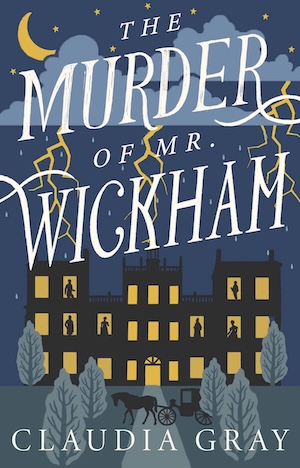
About the Book
-
Author:
- Claudia Gray
Cover Story: A Dark and Stormy Night
BFF Charm: Mixed Bag
Talky Talk: Austenesque
Bonus Factor: Crossover, Conflicted Christianity, Autistic Character
Anti-Bonus Factor: Period-Typical Prejudice
Relationship Status: May I Have This Dance?
Cover Story: A Dark and Stormy Night
Nothing says “country house mystery” like … well, a country house. The silhouettes in the windows hint that everyone’s hiding something, even as the storm keeps them trapped together. Classic.
The Deal:
What if all the Jane Austen novels took place in the same universe?
Emma and John Knightley are throwing a house party at Donwell Abbey. They’ve invited at least one representative of every Austen book family: Marianne and Christopher Brandon, Anne and Frederick Wentworth, Fanny and Edmund Bertram, Elizabeth and Fitzwilliam Darcy with their son Jonathan, and Juliet Tilney, daughter of Catherine and Henry Tilney. They all (except Juliet, who really did come for the party) have one thing in common: a deep personal grudge against George Wickham, who either hurt a young woman they care about or conned them out of their money. The Knightleys’ real reason for the party is to discuss a lawsuit, but then Wickham crashes the party, insults and threatens everybody present … and turns up dead in the middle of the night.
Who could have killed him? Juliet, the only impartial observer, and Jonathan, driven to clear his parents’ names, team up to solve the case before the in-over-his-head magistrate Churchill (yes, that Frank Churchill) can arrest the wrong person. Emma meant all along for her two youngest guests to become acquainted, but setting up a detective duo was not what she had in mind.
BFF Charm: Mixed Bag
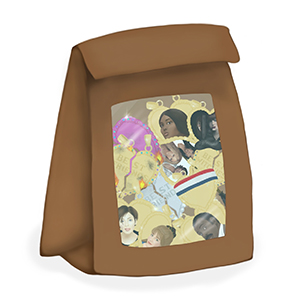
Gray, like Austen, writes in third person omniscient, so everybody gets at least one scene in their point of view. All the legacy characters are recognizably themselves, even though they’ve changed over the years; some for the worse (Wickham has added blackmail and investment fraud to his repertoire), and some for the better (Edmund’s self-righteousness gets a much needed shaking). Juliet and Jonathan, the next-gen OC’s, get a little lost in the shuffle, but I do appreciate Juliet subverting the “Not Like Other Girls” trope like her mother did at her age. Believe it or not, you can care about justice and fashion at the same time.
Swoonworthy Scale: 5
We get to see many different kinds of love: Juliet and Jonathan’s barely-acknowledged crush, passionate but uncertain newlyweds Marianne and Brandon, and all the older couples working through various conflicts caused by Wickham, personalities and circumstances established by canon, or both. If you don’t like seeing your favorite characters’ happily-ever-after pass through a trial by fire, you may want to pass on this book, but I enjoyed it very much.
Talky Talk: Austenesque
Let’s face it: there can only be one Jane Austen – but for a modern writer, Gray comes pretty close. Her one-liners hit the spot, for example: “New acquaintances generally fell into two categories: those who were worth knowing, and those who provided constant sources of amusement,” or (after the murder, when everyone’s stuck in the house): “The fiction of enjoyment must be maintained.”
Bonus Factor: Crossover
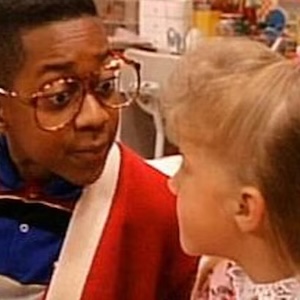
If you’ve ever read a fanfiction or a social media post imagining how characters from different Austen books would get along (which I have), this is the book for you. To name a few examples: Colonel Brandon and Captain Wentworth don’t really get each other because of the differences between the army and the navy. All the younger women look up to Anne for her gentle wisdom. Emma coolly tells Wickham what a pity it is that their home is an abbey and not a castle: “We might have had a dungeon.” (Can’t you just imagine how Anya Taylor-Joy would say that line?)
Bonus Factor: Conflicted Christianity

Edmund Bertram might be my least favorite Austen hero, but I found it surprisingly satisfying to watch him beat the snot out of Mr. Elton in a theological debate – and even more satisfying for him (Edmund) to take warning from his bigoted colleague and think seriously about what kind of clergyman he wants to be.
Bonus Factor: Autistic Character

Gray writes in her author’s note that she intended to portray Jonathan Darcy as being on the autism spectrum, although of course there was no diagnosis for it in Austen’s time. He follows protocol to the letter, has trouble understanding social cues, rocks back and forth when he’s upset, and has an obscure special interest: The Decline and Fall of the Roman Empire by Edward Gibbons. Some readers might find him a bit of a cliche, as he ticks off all the classic symptoms, but his relationships (he has some good memories even of his awful uncle Wickham; he can’t believe his parents are guilty, but he’s not 100% sure; he has no intentions toward Juliet, but can’t help noticing the “uncommon brilliance” of her eyes) do give him some individuality beyond his condition.
Anti-Bonus Factor: Period-Typical Prejudice

One of the main reasons Jonathan and Juliet take on the case (besides curiosity) is because Churchill’s first idea is to suspect the servants and/or a nearby camp of travelers. Once the teenagers get started, they have to work secretly, because Juliet’s interest in crime would be considered unladylike. Besides, no one would believe they’re only brainstorming at midnight by candlelight, because the more likely assumption would be that they’re having an affair.
Relationship Status: May I Have This Dance?
This book not only knows all the steps and how to lead with confidence, but entertains you while doing so, just as a dance partner should.
Literary Matchmaking
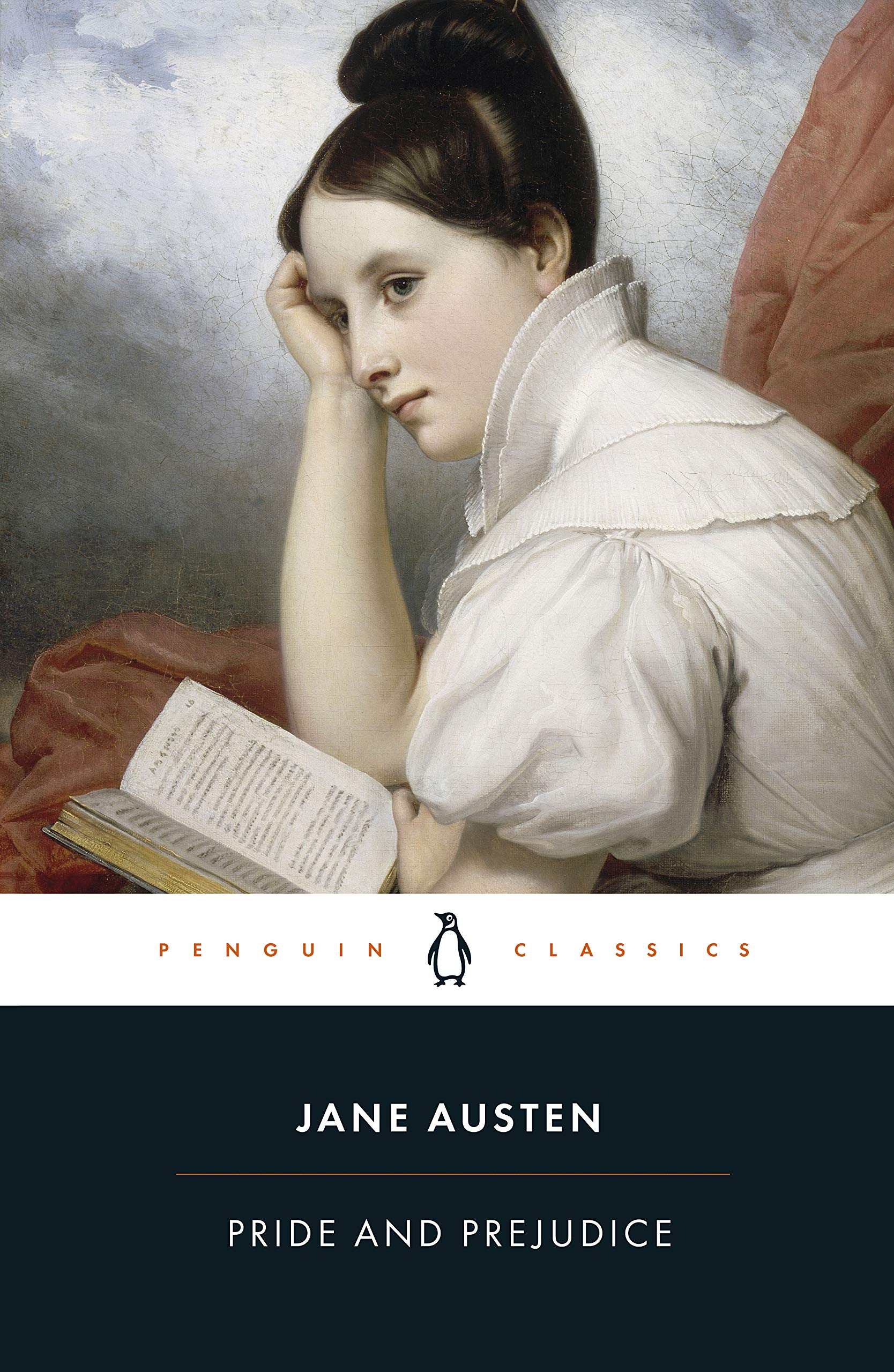
Jane Austen’s Pride and Prejudice is what started it all (the novel, that is, not the character flaws).
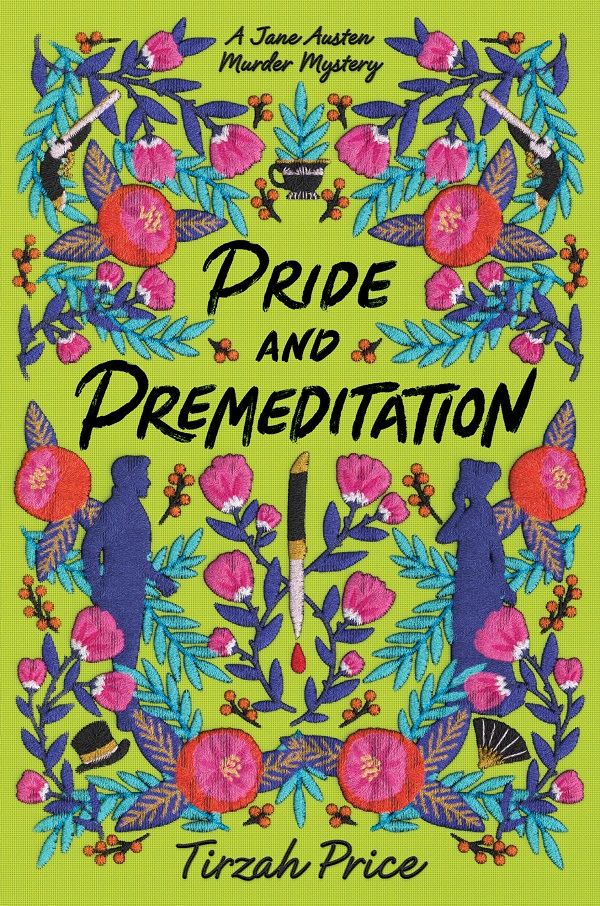
Tirzah Price’s Pride and Premeditation is another Austen-inspired murder mystery.
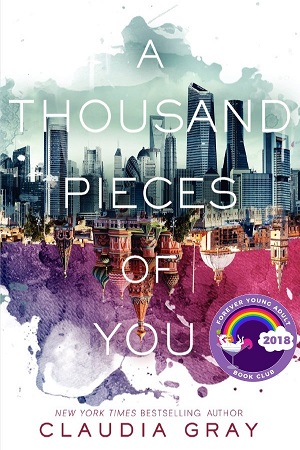
A Thousand Pieces of You is another example of Claudia Gray’s versatility as an author – she jumps from historical to sci-fi without missing a beat.
FTC Full Disclosure: I received no compensation for this review.
I enjoyed this book! Jonathan and Juliet were fun characters to meet.
I thought so too. 🙂